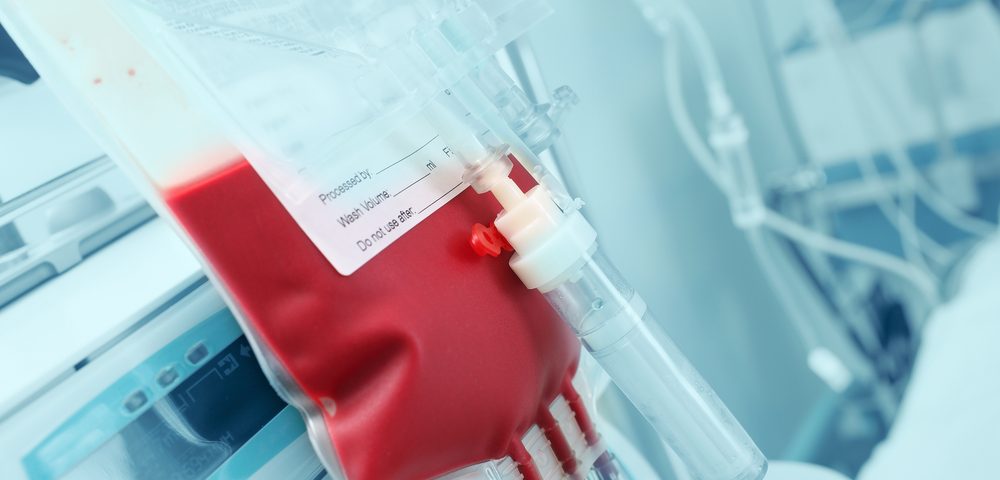Women who underwent a blood transfusion more than five years ago may be at greater risk of developing liver cancer and non-Hodgkin’s lymphoma, according to a large prospective study.
The study, “Cancer risk among 21st century blood transfusion recipients,” was conducted by researchers at the University of Oxford in England, and published in the journal Annals of Oncology.
Before the introduction of high-sensitivity genetic tests for hepatitis C, blood transfusions were often associated with the transmission of this virus and an increased risk of liver cancer. In the United Kingdom, nucleic acid amplification testing was introduced in 1999, a measure that was thought to reduce or eliminate transfusion-related liver cancer.
But since then, no population-based studies assessed whether patients who had undergone a blood transfusion in 2000 or later were at increased risk for cancer.
To address that, TienYu Owen Yang, MD, PhD, an epidemiologist at England’s Nuffield Department of Population Health, and colleagues analyzed data from 1.3 million women (median age 56 years) included in The Million Women Study, a U.K. nationwide study of women’s health that included women aged 50 and over.
The researchers looked for the risk of 11 site-specific cancers in blood transfusion recipients in 2000 or after compared to women who had not undergone a transfusion. Participants with cancer or precancerous lesions before or at the time of transfusion were excluded.
During the course of the study, 11,724 women underwent a transfusion in 2000 or later, and 1,648 of them were subsequently diagnosed with cancer, a mean 6.8 years after the transfusion. Women who had a transfusion were older at baseline, more likely to smoke, have increased BMI, consumed less alcohol, and come from the deprived tertile of the population.
The authors report an increased incidence for most site-specific cancers among the transfused patients in the first five years. But they describe the results as expected, suggesting that this is likely because some patients had preclinical cancer.
However, for patients who had undergone a transfusion five or more years before (median eight years), the risk for the majority of cancers dropped, except for liver cancer and non-Hodgkin’s lymphoma, which were 2.63 and 1.74 times higher than in women who had not undergone blood transfusions.
After adjusting for smoking status, alcohol consumption and BMI, patients who had undergone a blood transfusion were 13% and 7% more likely to develop liver cancer and non-Hodgkin’s lymphoma, respectively.
Given that the most common procedure associated with blood transfusion was a knee or hip replacement, the researchers then restricted their analysis to women undergoing hip or knee replacement surgery. Their findings showed similar risks for those women, who were 2.1 and 2.14 times more likely to develop liver cancer or non-Hodgkin’s lymphoma.
“In a large cohort of UK women, 21st century transfusions were associated with long-term increased risks of liver cancer and non-Hodgkin lymphoma,” Yang and colleagues wrote. “These findings suggest that some cases of liver cancer and non-Hodgkin lymphoma are caused by carcinogenic agents that are not currently screened for in transfused blood.”


